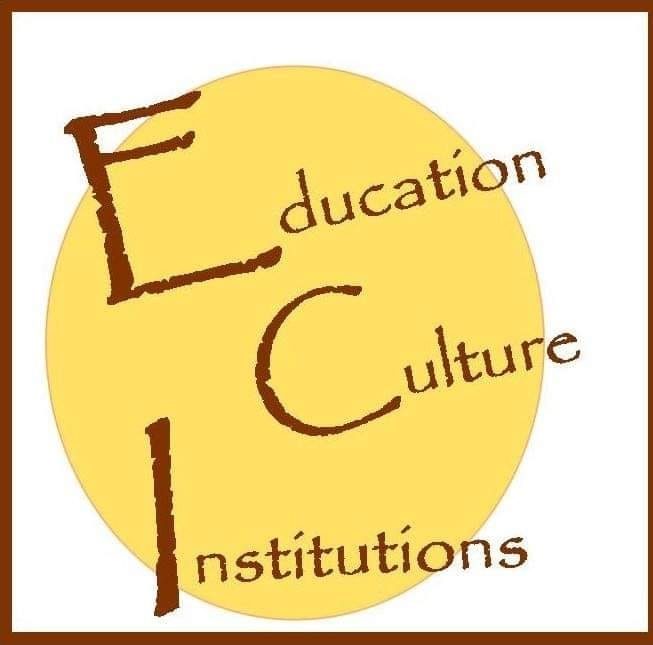Културното наследство принадлежи на миналото, но има важно социално значение и в настоящето, особено със своята образователна функция. Безспорна е основополагащата и водеща роля на образованието за формиране на ценностите и поведението, както и за придобиване на компетенции на отделната личност в изграждането на съвременното гражданско общество. Съществуват различни определения на понятието „образование“, които единодушно обединяват основната му мисия за съхраняване и развитие на културата.
Ето защо културните институции по смисъла на актуалната нормативна база в страната, наред с осъществяването на дейности по създаване, разпространяване и опазване на културни и исторически ценности, следва да развиват активни образователни инициативи, чрез които да изпълнят ролята си на посредник между съхранената традиция и съвременността.
Актуалността на темата се обуславя от динамичните процеси в съвременното информационно общество и бързото разпространение на новите технологии, което налага необходимост от иновативни методически, педагогически и управленски подходи в областта на образованието за провокиране на интерес, достигане на трайно знание и създаване на условия за проявление на вътрешната мотивация сред младите хора. Концепцията за „общество, основано на знанието“ провокира търсене на промени в институционалните структури, които да гарантират изграждането на нагласи за учене през целия живот.



